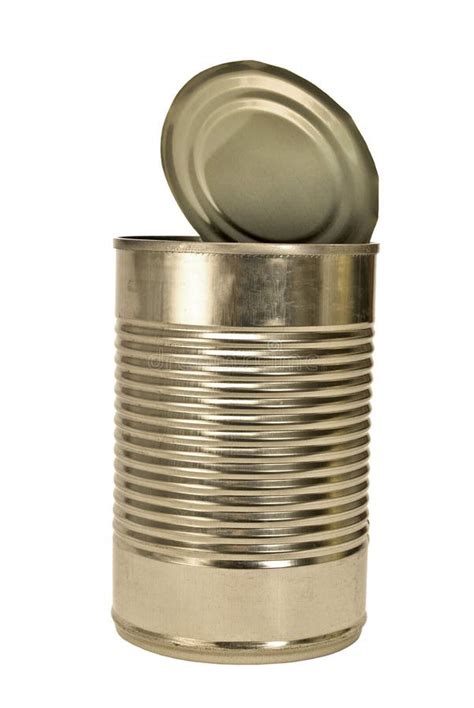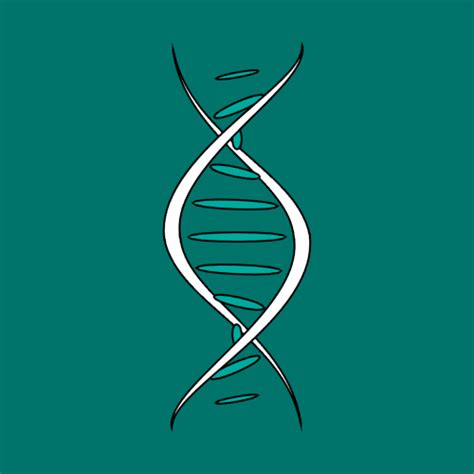Testosterone, the primary male sex hormone, plays a pivotal role far beyond just sex drive. It’s crucial for muscle growth, fat distribution, bone density, red blood cell production, and overall energy levels. For men aiming to sculpt a leaner, stronger physique, optimizing testosterone naturally is a safe and effective pathway to better body composition. This guide explores evidence-based strategies to boost your testosterone without resorting to synthetic options.

The Cornerstone: Strength Training and Exercise
Regular physical activity, particularly strength training, is one of the most powerful natural testosterone boosters. Focusing on compound movements that engage multiple muscle groups simultaneously yields the best results.
- Heavy Compound Lifts: Exercises like squats, deadlifts, bench presses, overhead presses, and rows stimulate a significant hormonal response. Aim for 3-5 sessions per week, focusing on progressive overload.
- High-Intensity Interval Training (HIIT): Short bursts of intense exercise followed by brief recovery periods can also elevate testosterone levels.
- Avoid Overtraining: While intensity is good, excessive long-duration cardio or overtraining can actually suppress testosterone and increase cortisol. Listen to your body and prioritize recovery.

Fueling Your Hormones: Nutrition Strategies
Your diet is a direct determinant of your hormonal health. A balanced approach rich in specific macronutrients and micronutrients is essential for optimal testosterone production.
- Healthy Fats: Don’t fear fats! Monounsaturated and saturated fats are crucial for hormone synthesis. Incorporate sources like avocados, olive oil, nuts, seeds, fatty fish, and red meat in moderation.
- Adequate Protein: Sufficient protein intake supports muscle growth and repair, which is intrinsically linked to testosterone’s effects. Aim for 0.7-1 gram per pound of body weight from lean meats, poultry, fish, eggs, and plant-based sources.
- Complex Carbohydrates: Carbs fuel your workouts and help prevent cortisol (a stress hormone that can suppress testosterone) from rising too high. Choose whole grains, fruits, and vegetables.
- Micronutrient Focus: Ensure adequate intake of Vitamin D, Zinc, and Magnesium, which are critical for testosterone production.

The Power of Rest: Sleep and Recovery
Sleep is not merely a recovery period; it’s a vital anabolic window where much of your hormone production, including testosterone, occurs. Chronic sleep deprivation is a major contributor to low testosterone.
- Aim for 7-9 Hours: Consistent, high-quality sleep is non-negotiable.
- Prioritize Sleep Hygiene: Create a dark, cool, and quiet bedroom environment. Avoid screens an hour before bed and stick to a regular sleep schedule.
Managing the Modern World: Stress Reduction
Chronic stress elevates cortisol levels, a hormone that has an inverse relationship with testosterone. High cortisol can suppress testosterone production and promote fat storage, particularly around the abdomen.
- Mindfulness and Meditation: Practices like meditation, deep breathing exercises, and yoga can significantly reduce stress.
- Hobbies and Relaxation: Engage in activities you enjoy to unwind and de-stress.
- Time Management: Better organization can reduce feelings of overwhelm.

Smart Supplementation (When Needed)
While a whole-food diet should be your primary focus, certain supplements can support healthy testosterone levels if there are deficiencies or specific needs. Always consult a healthcare professional before starting any new supplement regimen.
- Vitamin D: Many people are deficient. Supplementing with D3 can significantly impact testosterone levels, especially in those with low baseline levels.
- Zinc: An essential mineral for hormone production. Found in red meat, shellfish, and legumes. Supplementation may be beneficial for those with deficiencies.
- Magnesium: Important for hundreds of bodily processes, including testosterone synthesis. Green leafy vegetables, nuts, and seeds are good sources.
- Ashwagandha: An adaptogenic herb that may help reduce stress and improve testosterone levels, particularly in men experiencing stress or fertility issues.

Lifestyle Habits for Hormonal Harmony
Beyond the core pillars, several lifestyle adjustments can further support healthy testosterone.
- Limit Alcohol Consumption: Excessive alcohol intake can disrupt hormonal balance and reduce testosterone.
- Maintain a Healthy Body Weight: Being overweight, especially with high abdominal fat, can increase aromatase activity, converting testosterone into estrogen.
- Avoid Endocrine Disruptors: Minimize exposure to plastics (BPA), phthalates, and certain pesticides found in food and packaging, which can interfere with hormone production.
Conclusion
Naturally increasing testosterone for better body composition is a holistic endeavor, requiring consistent effort across multiple lifestyle domains. By integrating strength training, optimal nutrition, sufficient sleep, effective stress management, and smart supplementation, men can safely and effectively optimize their testosterone levels. This not only leads to improved muscle mass, reduced body fat, and enhanced energy but also contributes to overall health and well-being. Remember that patience and consistency are key, and consulting with a doctor or endocrinologist is always recommended, especially if you suspect a significant hormonal imbalance.




